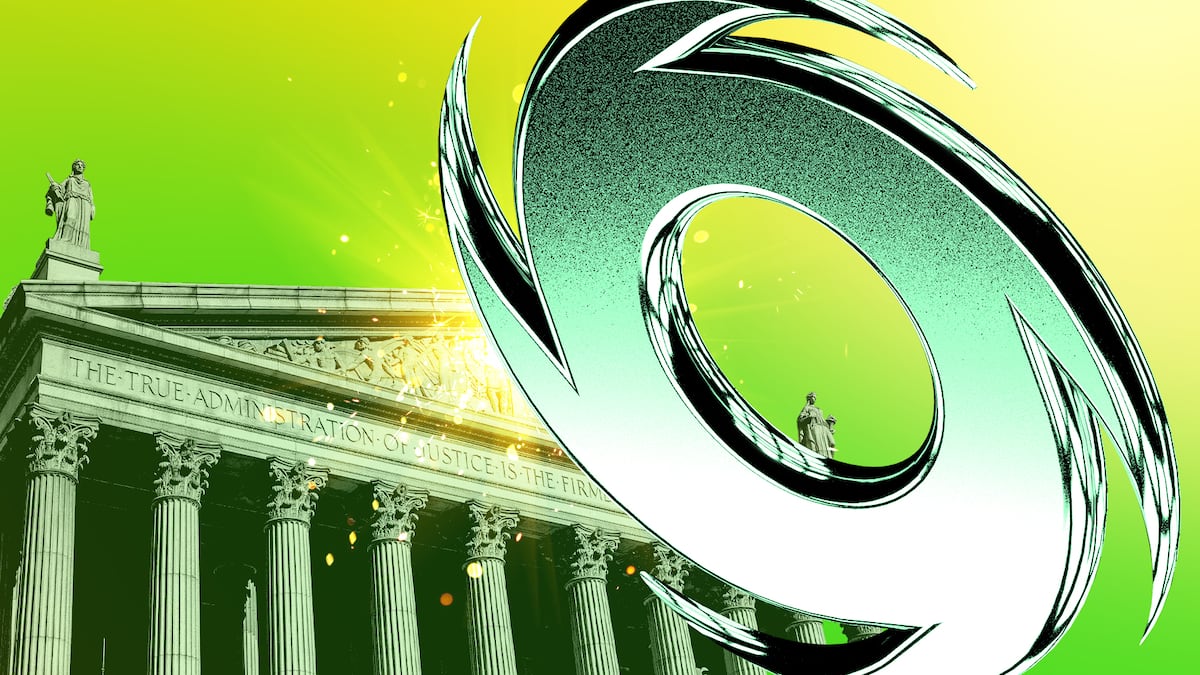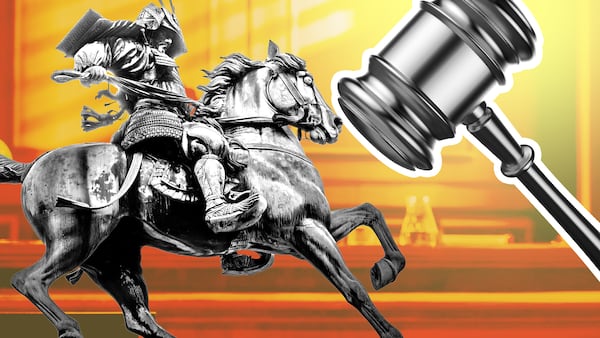- Jurors heard closing arguments in Roman Storm's criminal trial Wednesday.
- A prosecutor said they had a “front-row seat to the dark underbelly of global financial crime.”
- Jurors will begin deliberation in earnest Thursday morning.
Federal prosecutors told jurors that privacy was a mere “cover story” and a “distraction” during their closing argument in the criminal trial of Tornado Cash co-founder Roman Storm.
On Wednesday, both sides summed up two-and-a-half weeks of evidence that featured testimony from federal agents, blockchain experts, scammers, and scam victims, as well as a trove of private messages in which the Tornado Cash co-founders agonized over cybercriminals’ use of the protocol and what, if anything, they should do about it.
Storm’s fate now rests with a group of 12 jurors, who skew young and well-educated — 10 are younger than 50, and five are younger than 30. Nine have college degrees.
Minutes after beginning their deliberation Wednesday afternoon, jurors said they would break for the day and return Thursday morning.
Prosecutors have charged Storm with conspiracy to commit money laundering, operate an unlicensed money-transmitting business, and violate US sanctions. He faces more than 40 years in prison.
His prosecution has galvanized crypto proponents who fear financial and technological privacy rights are in jeopardy.
A guilty verdict could have far-reaching consequences, according to Storm’s supporters and a leading civil liberties organisation, as it would imply that many developers of privacy-enhancing software can be held criminally liable for their work.
Earlier in the trial, a federal judge rejected prosecutors’ attempt to forbid references to privacy — they feared it could improperly skew jurors’ ultimate decision — though she barred any discussion of a “right to privacy.”
Now, jurors will have to decide what Storm sought to accomplish when he created Tornado Cash in 2019.
‘Dark underbelly’
Prosecutor Benjamin Gianforti said that any talk of privacy was a “distraction.”
The trial had given jurors a “front-row seat to the dark underbelly of global financial crime,” he said as he began his closing statement.
“What do these criminals need to get away with their crimes? A way to make that dirty money clean.”
And Storm and his co-founder saw an opportunity to make money of their own, according to the prosecutor.
“The real money wasn’t in so-called ‘privacy’ for normal people,” Gianforti said. “It was in hiding dirty money for criminals.”
Over two years, Tornado Cash laundered at least $1 billion in dirty crypto, he said, pointing to the government’s own analysis of blockchain data. For brief periods, more than half the crypto deposited in Tornado Cash could be attributed to hacks or scams.
Gianforti likened Tornado Cash to a restaurant that serves real food, or a laundromat that actually cleans clothing — those businesses can serve genuine, above-board customers, but if they exist primarily to launder money, they’re still breaking the law, he said.
And he rejected claims the co-founders of Tornado Cash were powerless to stop money laundering on the platform.
“For Tornado Cash, decentralisation was the big lie,” Gianforti said.
The trial often veered into highly technical discussion of the protocol’s inner workings, with government witnesses attempting to portray the tool as a run-of-the-mill business almost wholly controlled by its founders.
Defence witnesses, meanwhile, have said that control was highly circumscribed and, in any case, did not apply to the protocol’s most important components.
Gianforti appeared to dismiss the notion that privacy-enhancing technology could have a non-criminal purpose.
“Isn’t anonymity just another word for concealment?” he said. “Remember, when the defence says ‘privacy,’ what they really mean is ‘hiding money for criminals.’”
‘Utterly wrong’
Defence attorney David Patton said Storm built the protocol to solve a pressing issue in the crypto industry: the fact that every blockchain transaction and account can be viewed by anyone with internet access and a little know-how, exposing well-heeled users to scams and hacks.
“The government has this completely, utterly wrong,” Patton said. “He didn’t want [scammers] to use Tornado Cash. He did not have a financial interest in them using Tornado Cash.”
The protocol did not represent the “dark underbelly” of anything, he continued, Instead, it was a well-intentioned project that had its origins in a 2019 hackathon at Harvard University.
It eventually drew a $900,000 investment from one venture capital firm and significant interest from another, signs it was widely regarded as a legal product that could appeal to regular people, Patton said.
Tornado Cash makes it difficult, if not impossible, to trace crypto transactions on Ethereum and several other blockchains.
“Did that make it very useful to criminals? Of course it did,” Patton said. But that was true of many other everyday items.
“Probably the most obvious example is something you check in at the courthouse every day: your phone.”
He emphasized to jurors that Tornado Cash itself is not illegal — something a federal appeals court confirmed last November — and said that private messages showed Storm did not want cybercriminals to use it.
“If the government was right,” Patton said, “would you not expect [the founders] to say … ‘We’re kind of rolling in it with the Ronin hacks — how can we get the word out about this?’”
Instead, he said, the founders panicked when they realised crypto worth hundreds of millions of dollars was stolen from the Ronin blockchain and laundered through Tornado Cash.
At the end of his closing remarks, Patton worried he had not sufficiently explained certain highly technical concepts.
Still, he continued, “I promise you, there is nothing [prosecutors] can say that doesn’t have a response.”
Aleks Gilbert is DL News’ New York-based DeFi correspondent. You can reach him at aleks@dlnews.com.







